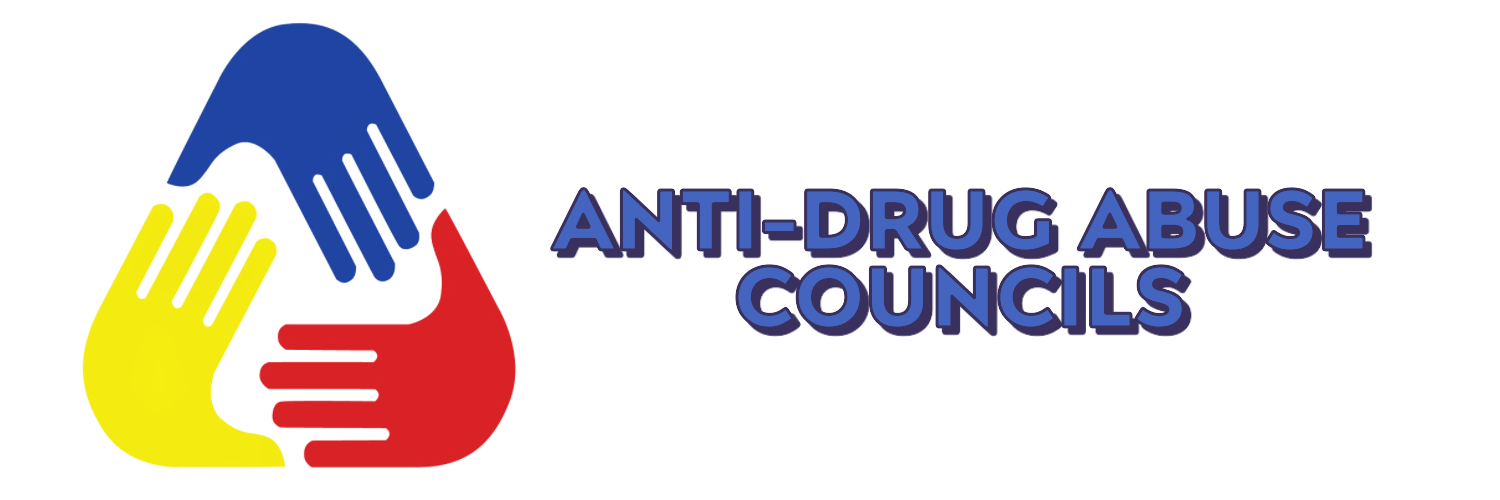Local Anti-Drug Abuse Councils (ADACs) have a critical role in the coordination and proper monitoring of drug-related incidents. This entails cohesion of policies for the inter-local government roles which can provide an enabling environment for functional and effective ADACs. This further requires structural consistency and a comprehensive monitoring and reporting system.1
This page contains information on Provincial, City and Municipal Anti-Drug Abuse Councils. Please see Barangay Anti-Drug Abuse Council for a comprehensive discussion on BADACs.
COMPOSITION, ROLES AND RESPONSIBILITIES
Provincial Anti-Drug Abuse Council (PADAC):
Chairperson: Provincial Governor
Vice-Chairperson: PNP Provincial Director
Members:
- DILG Provincial Director
- DepEd / MBHTE Provincial Official
- DOJ Provincial Prosecutor
- Regional Trial Court Executive Judge
- Provincial Health Officer
- Provincial Social Welfare Officer
- Provincial Public Information Officer
- At least two (2) representatives of NGOs
- Inter-faith Group Representative
- Provincial Probation and Parole Officers
- All Component City/Municipal Anti-Drug Abuse Council Chairpersons
PADAC Roles and Responsibilities:
- Ensure the formulation of PADAC Action Plan that contains the PPAs identified in the Municipal and City ADAC Action Plans
- Approve substantial amount of budget
- Ensure the functionality of the lower ADACs
- Conduct of regular meetings once a month (the JMC states that PADAC regular meetings shall be conducted once a month. However, in the various issuances on ADAC Performance Audit over the years, the indicator only checks for at least one meeting per quarter)
- Analyze and review reports submitted by CADAC/MADAC Secretariat
- Submit all collated quarterly reports to the RPOC Secretariat not later than the 15th day of the ensuing quarter, copy furnished the Provincial Peace and Order Council and the DILG Provincial Office
- Ensure the establishment and operation of the Special Drug Education Center for out of school youth (OSY) and street children
- Provide support for the operationalization of the Community-Based Rehabilitation Program at the Municipality and Component Cities
City/Municipal Anti-Drug Abuse Council (C/MADAC):
Chairperson: City / Municipal Mayor
Vice-Chariperson: PNP Chief of Police
Members:
| City | Municipality |
| DILG/MILG City LGOO / City Director DepEd / MBHTE City Division Superintendent DOJ City Prosecutor Regional Trial Court Judge City Social Welfare Officer City Health Officer City Public Information Officer At least 2 representatives of NGOs Religious Sector Representative City Probation and Parole Officers | DILG/MILG Municipal LGOO DepEd District Supervisor Municipal Trial Court Judge Municipal Social Welfare Officer Municipal Health Officer Municipal Public Information Officer At least 2 representatives of NGOs Religious Sector Representative Municipal Probation and Parole Officers |
C/MADAC Roles and Responsibilities:
- C/MADAC Chairperson shall attest the certification declaring the “drug – cleared” status of an affected barangay, certified by the Local Chief of Police and validated by the PDEA Regional Director
- Monitor the BADAC and BAT’s names, address and other significant details (copy furnished DILG Field Office)
- Receive the consolidated information report from BADAC Chair
- Review the consolidated reports of cluster leaders for final consolidation and submission to PDEA
- Maintain list of endorsement or referral of Barangay Duty Officer as to who are drug dependents for screening using ASSIST
- Establish one-stop-shop facilities where assessment, interview, counselling, referral, and/or processing of applications for petitions for confinement of drug dependents and PWUD (persons who used drugs) who surrendered for treatment and rehabilitation and other allied processes may be undertaken
- Designate a focal person who shall ensure the compliance and enforcement of DDB Regulations on Voluntary Surrender of Drug Users and Dependents
- Ensure that PWUDs who surrendered shall undergo screening in order to determine the level of risk and/or morbidities and refer them to the appropriate intervention
- Designate certain personnel as the authorized representatives of the DDB who shall cause the processing and filing of petitions for confinement of drug dependents and PWUD
- Organize the CADAC/MADAC Drug Reformation Committee and adopt the Program of Instructions for Drug Reformation Program
- Provide for the Community-Based Rehabilitation Program (CBRP)
SALIENT ISSUANCE:
- DILG Memorandum Circular No. 2022-141 dated November 9, 2022 entitled “Guidelines on the Formulation of the Local Anti-Drug Plan of Action (LADPA) and Barangay Anti-Drug Plan of Action (BADPA)
- DILG-DDB Joint Memorandum Circular No. 2018-01 dated May 21, 2018 entitled “Implementing Guidelines on the Functionality and Effectiveness of Local Anti-Drug Abuse Councils“
- DOH Administrative Order No. 2017-0018 dated August 29, 2017 entitled “Guidelines for Community-based Treatment and Support Services for Persons Who Use Drugs in Primary Health Care Settings“
- Executive Order No. 4 s. 2016 dated October 11, 2016 entitled “Providing for the Establishment and Support of Drug Abuse Treatment and Rehabilitation Centers Throughout the Philippines“
- Dangerous Drugs Board Regulation No. 4 s. 2016 dated September 19, 2016 entitled “OPLAN SAGIP – Guidelines on Voluntary Surrender of Drug Users and Dependents and Monitoring Mechanism of Barangay Anti-Drug Abuse Campaigns“
- Dangerous Drugs Board Regulation No. 3 s. 2016 dated August 3, 2016 entitled “Guidelines on Handling Voluntary Surrender of Drug Personalities“
ISSUANCE/REFERENCES ON ADAC PERFORMANCE AUDIT:
- DILG Memorandum Circular No. 2025-087 dated August 22, 2025 entitled “2025 Anti-Drug Abuse Council (ADAC) Performance Audit and Award“
- DILG MC No. 2025-087 Annexes
- National Orientation Recording – September 4, 2025
- DILG Memorandum Circular No. 2025-086 dated August 22, 2025 entitled “Guidelines in Institutionalizing the Anti-Drug Abuse Council – Functionality Monitoring System (ADAC-FMS) as the Official Tool in the Conduct of the ADAC Performance Audit“
- DILG Memorandum Circular No. 2024-028 dated entitled “2024 Anti-Drug Abuse Performance Audit and Awards
- 2024 Performance Audit and Awards Presentation and Annexes
LAWS/REPUBLIC ACTS:
- Republic Act 9165 otherwise known as the Comprehensive Dangerous Drugs Act of 2002
Footnotes:
- DILG-DDB Joint Memorandum Circular No. 2018-01 ↩︎

